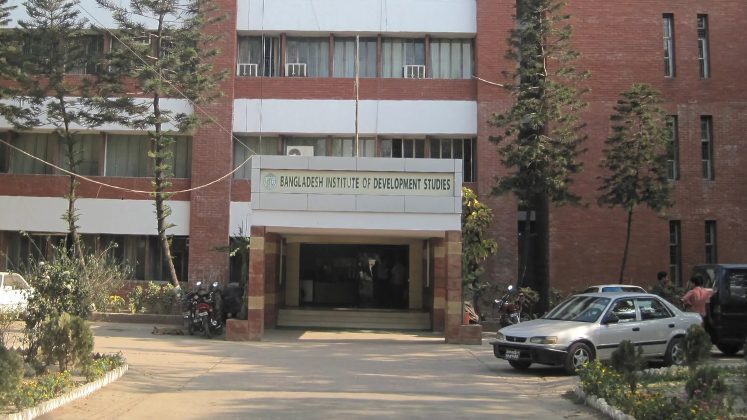
A recent check by the Bangladesh Institute of Development Studies( flings) has uncovered that 40 per cent of ready- made garment( RMG) businesses in Bangladesh are scuffling with detainments in opening letters of credit( LC) due to a deficit of US bones
The check, which included responses from 63 enterprises and concentrated group conversations with RMG stakeholders, stressed fresh challenges, including customs-affiliated issues. specially, 60 per cent of repliers reported disagreement in harmonised system( HS) canons during the importation of raw accoutrements.
The findings were presented during the” Annual BIDS Conference on Development 2024,” which took place from December 8 to 10 at a megacity hostel. Monzur Hossain, BIDS’ exploration director, emphasised crucial issues anguishing the RMG sector, including extravagant bank charges and delayed payments from buyers. He stressed the necessity for effective force chain operation to cleave buyers’ lead time conditions, advising that simply paying a minimal stipend is inadequate for sustainable business practices.
Among the surveyed businesses, nearly half( 46 per cent) supported reduced bank sale costs, while others suggested the perpetration of apothegmatic transfers( TT), a standardised USD exchange rate, invariant LC charges across banks, and lower duty rates. The report also refocused out that Bangladesh’s dependence on transshipment capitals like Singapore and Malaysia exacerbates supereminent time issues, placing the country at a competitive disadvantage compared to rivals similar as China, India, and Cambodia, which enjoy lesser tone-adequacy in shipping logistics.
The conference session, moderated by Sajjad Zohir, administrative director of the Economic Research Group( ERG), stressed the challenges RMG enterprises face in sourcing accouterments from foreign suppliers instantly.
In an affiliated study presented by Farhin Islam, an exploration associate at Flings, it was estimated that a 50 per cent increase in technological effectiveness could lead to the loss of roughly 1.8 million jobs in Bangladesh, with the RMG sector being the most affected. The study, grounded on the Solow growth model, predicts that 1 million job losses could do specifically within the RMG sector.
still, if the manufacturing sector grows by 10 per cent alongside a 50 per cent rise in technological effectiveness, the study suggests that job creation could surpass job losses, resulting in the creation of over 2 million jobs by 2025. The report also linked other vulnerable sectors, including leather goods, food products, cabinetwork, medicinals, and plastic and rubber manufacturing.
Farhin Islam underlined the significance of upskilling the pool to alleviate implicit job losses, stating,” If we can skill up the pool, we can boost affair while conserving jobs.” She called on the government to apply measures for pool development as actors bandied the social counteraccusations of espousing new technologies.
flings Director General Binayak Sen stressed the need for gender- grounded employment exploration to more comprehend the broader impact of technological advancements on the labour force.






